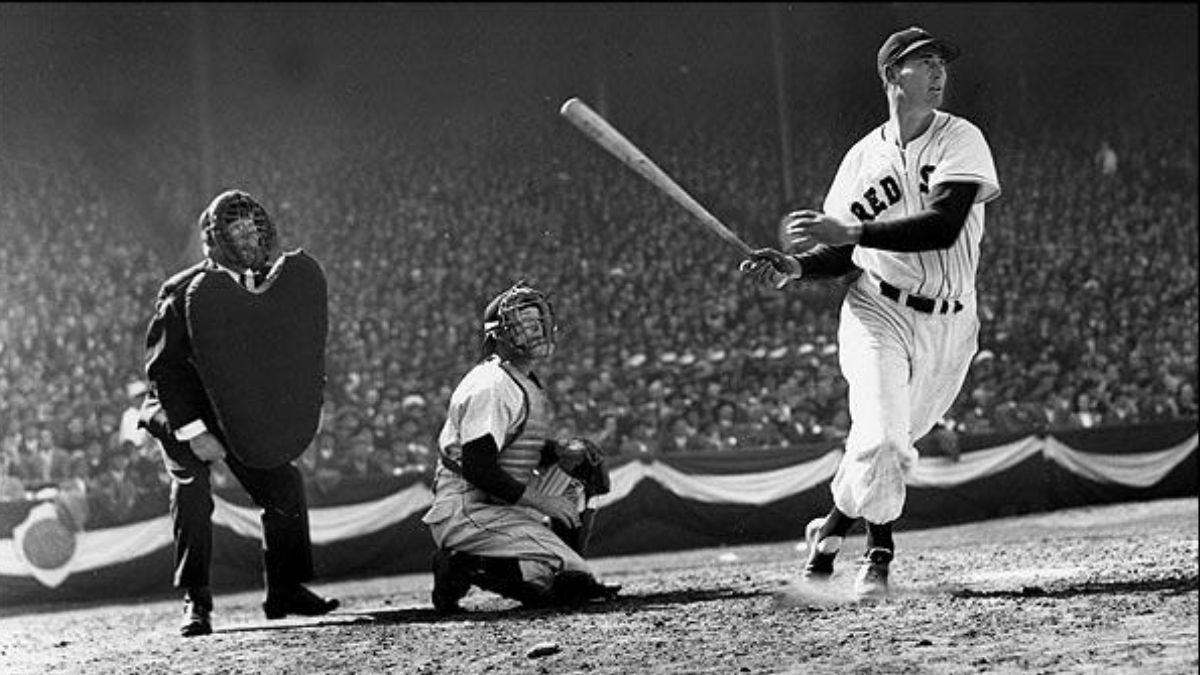Embarking on a journey through the rich history and culture of sports offers a fascinating view of human development and our passion for competition, recreation, and achievement. Throughout the ages, various sports have been created and evolved, enriching our lives and shaping society. In this blog post, we’ll delve deep into the origins of sports, their significance in our world today, and how they continue to impact our lives.
The roots of sports can be traced back thousands of years across numerous civilizations. Ancient Egyptians, for example, practiced a form of wrestling, while the Greeks showcased their passion for athletics in the original Olympic Games. With cultural exchange and the conquests of empires, many sports traveled great distances to reach different societies, resulting in a rich tapestry of sporting traditions around the world.
One such example is football (also known as soccer), the world’s most popular sport. Its inception dates back to ancient civilizations like China, Greece, and Rome. As it evolved, it influenced and was shaped by other football-like games in different cultures, eventually resulting in the modern game we know and love today.
Similarly, the birth of modern basketball can be credited to Dr. James Naismith in Springfield, Massachusetts. In 1891, with a simple goal of creating an indoor sport to keep his students active during the winter months, Naismith never imagined that his brainchild would evolve into a global phenomenon.
Sport has borne incredible significance in societies over time, transcending boundaries and connecting people across cultures, races, genders, and religions. Throughout history, sports have often been a vessel for diplomatic efforts, such as the famous “Ping Pong Diplomacy” between the United States and China in the early 1970s.
The Olympic Games, one of the most prestigious sporting events globally, have long served as a platform for global unity and sportsmanship. Abiding by the Olympic Truce, participants from across nations come together to celebrate their common love for sports and showcase their abilities, fostering an appreciation for diversity and human achievement.
However, we cannot deny that sports have also been an area of powerful social and political dynamics. Moments like the “Black Power” salute during the 1968 Olympics by Tommie Smith and John Carlos highlight the potential for sports to create awareness and drive conversations on issues such as racial inequality and social justice.
At the heart of sports lies the spirit of competition, reward, and teamwork, which are essential aspects of human nature. Beyond just entertainment, sports have shaped our emotional, cognitive, and physical well-being through physical activity, collaboration, and character-building. They teach discipline, perseverance, and resilience, invaluable lessons that can be translated into other areas of life.
In conclusion, sports are a formidable testament to human ingenuity, resilience, and our inherent desire for competition. The history and culture of sports provide valuable insights into our passions and the unyielding human spirit. As we continue to explore and engage in the world of sports, we foster unity, elevate our shared experiences, and contribute to a richer, more interconnected global community.











